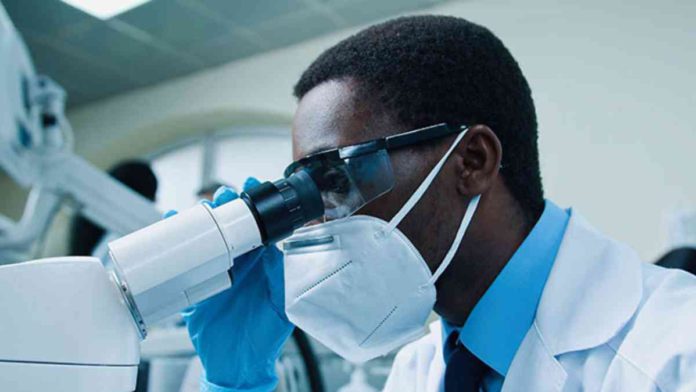Researchers at Mount Sinai Hospital have developed an algorithm called the HistoAge Model, which can predict age at death and assess neurodegeneration.
Mount Sinai researchers trained a machine learning model with almost 700 digitalized images of human hippocampal from aged brain donors to develop the histological brain age estimation algorithm to predict a person’s age at death.
The research focused on the hippocampal region, as the hippocampus is involved in both brain aging and age-related neurodegenerative disorders.
Read More: Google DeepMind’s AlphaMissense Predicts Harmful Genetic Mutations
Age acceleration based on HistoAge exhibits robust correlations with cognitive impairment, cerebrovascular disease, and the aggregation of Alzheimer’s-related proteins, surpassing existing age acceleration metrics such as DNA methylation.
According to researchers, the HistoAge model, with other subsequent similar algorithms, introduces a fresh paradigm for evaluating aging and neurodegeneration in human samples, with seamless scalability for implementation in clinical and translational research facilities. Moreover, this methodology offers a more rigorous, unbiased, and robust metric of cellular changes underlying degenerative diseases.


